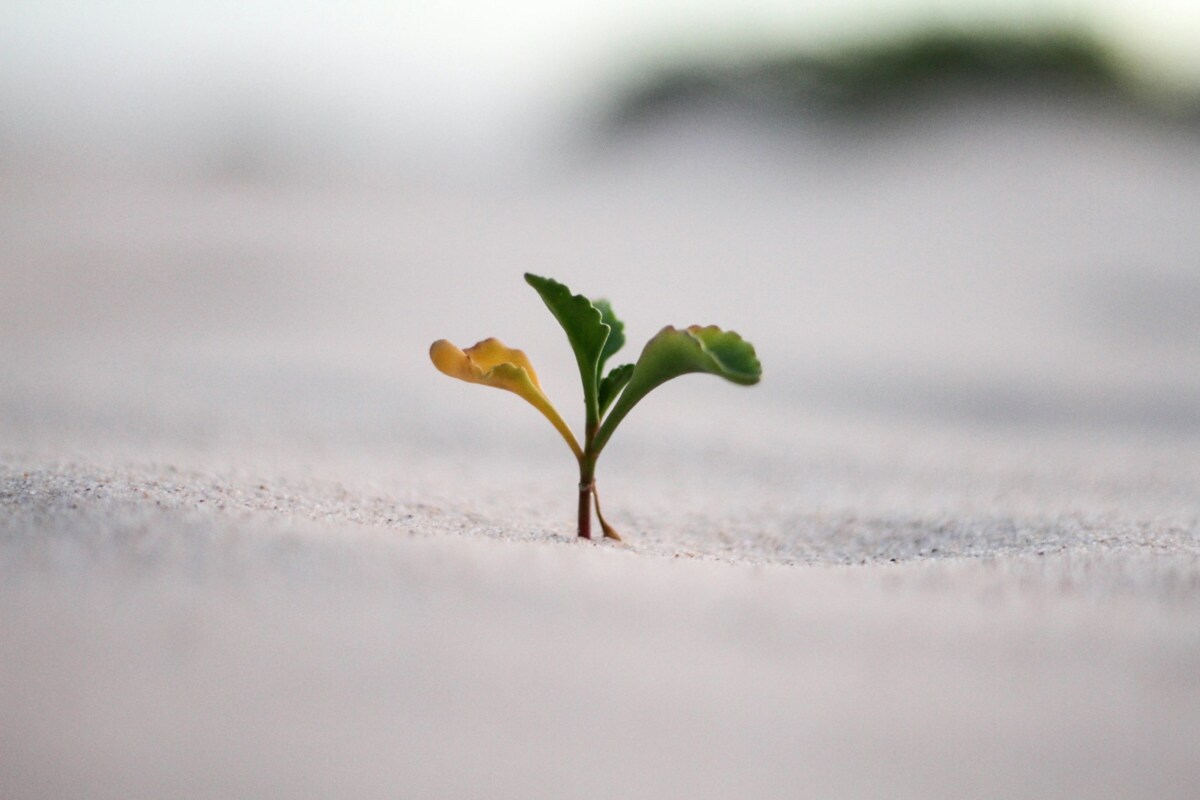A reduced interest in sex, also known as low libido, is common among both men and women over the age of 40. It’s often not a standalone issue, but rather a sign of underlying changes in the body. At IKARIA Clinics, we regularly see clients experiencing a decline in libido. Understanding what’s behind this is the first step towards restoring balance.
The role of hormones
After the age of forty, hormone levels naturally begin to shift. For women, oestrogen and progesterone levels decline, particularly in the run-up to menopause. This can result in vaginal dryness, mood swings, and a reduced interest in sex.
In men, testosterone levels gradually decrease from around the age of 35, by approximately 1% per year. This hormone plays a vital role in libido, muscle mass, energy levels, and overall wellbeing. Low testosterone can lead to reduced sexual desire, fatigue, and even symptoms of depression¹.
Health and lifestyle as key factors
In addition to hormonal changes, lifestyle and overall health also play a significant role. Chronic stress increases the stress hormone cortisol, which suppresses both testosterone and oestrogen. A lack of sleep, excessive alcohol consumption, and insufficient physical activity can also negatively affect libido.
Underlying health issues, such as type 2 diabetes, cardiovascular disease, or an underactive thyroid can impact sexual desire². These conditions affect blood flow, nerve function, and hormonal balance – all crucial components for sexual arousal.
Emotional connection and mental wellbeing
A healthy libido is also closely linked to mental and emotional balance. Work-related stress, relationship problems, insecurities about an ageing body, or depressive feelings can all dampen desire. This can lead to emotional distance in relationships for both men and women.
What can you do?
The good news is that low libido can often be improved with lifestyle changes and professional support. Here are three practical first steps:
Eat for hormonal balance
Opt for a diet rich in healthy fats (such as avocado, olive oil, and oily fish), sufficient protein, and plenty of vegetables. Avoid refined sugars and processed foods, as these can destabilise your blood sugar levels and hormones.
Sleep as a foundation for recovery
Aim for at least 7 to 8 hours of quality sleep per night. Poor sleep directly lowers libido by reducing testosterone and oestrogen levels and increasing stress³.
Move daily with purpose
Moderate exercise like walking, cycling, or strength training boosts endorphin levels and supports hormonal balance. Daily movement also helps regulate stress and enhances your sense of vitality and attractiveness.
How IKARIA Clinics can support you
At IKARIA Clinics, we go beyond just addressing the symptoms. We begin with an in-depth analysis of your bloodwork, hormone profile, lifestyle, and mental wellbeing. Based on this, we create a personalised treatment plan, which may include hormone optimisation, tailored nutritional guidance, and lifestyle advice. This way, we help your body regain balance and restore libido naturally.
Start today
Your health is your greatest asset. Ready to invest in it? Book an appointment with IKARIA Clinics and discover how to boost your energy and vitality.
Sources
Harvard Health Publishing. Testosterone and ageing: What you need to know. Accessed 25 June 2025 via health.harvard.edu.
Nederlands Tijdschrift voor Geneeskunde. Libidoverlies bij vrouwen in de overgang, 2019, NTvG 163(4):A4311.
Mayo Clinic. Low sex drive in men: Natural boosters. Accessed 25 June 2025 via mayoclinic.org.



 Jeremy Bishop
Jeremy Bishop